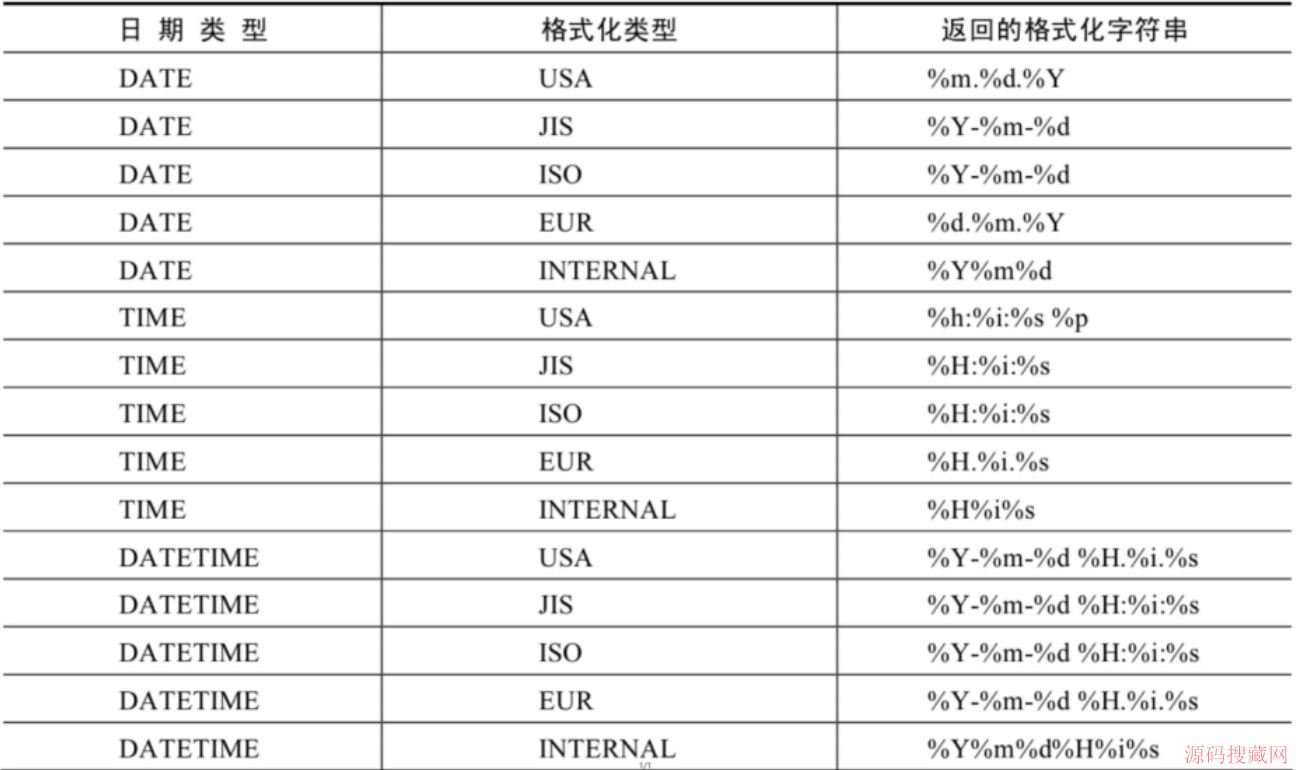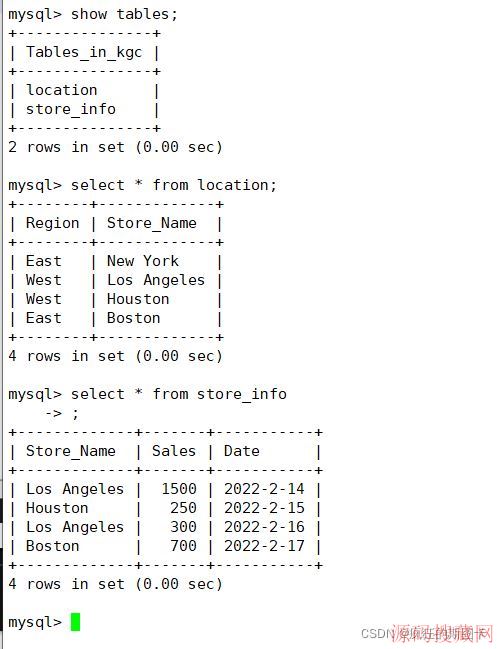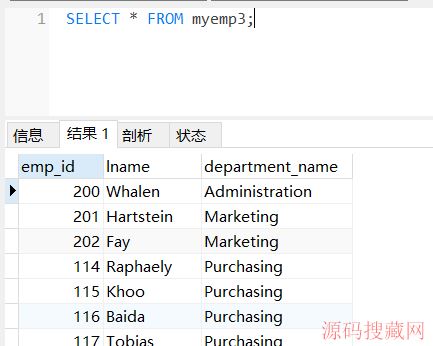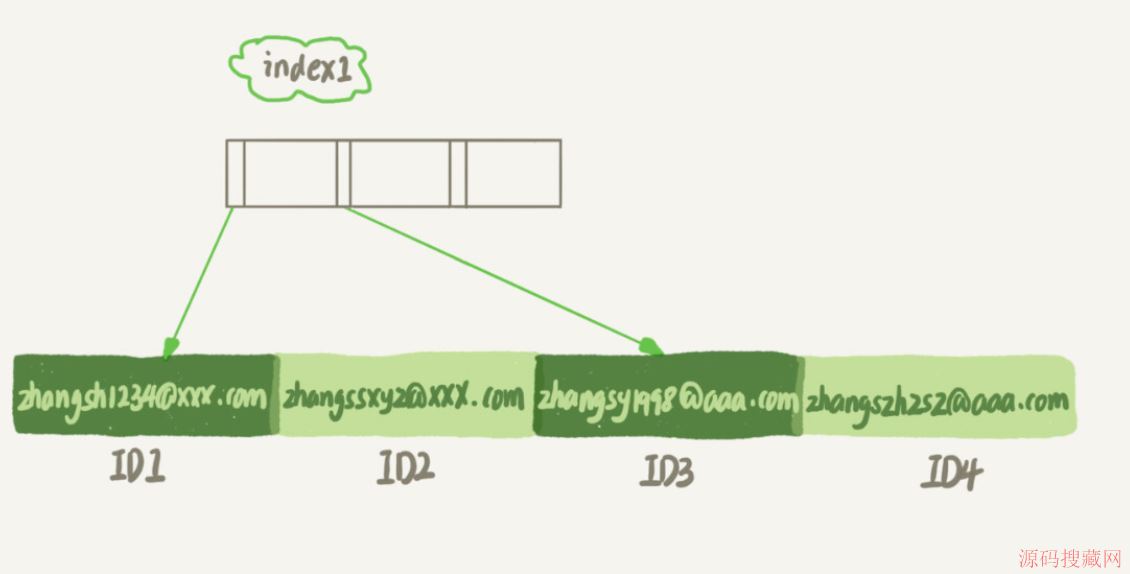MySQL vs PostgreSQL(9)
On the other hand, the MySQL team will routinely degrade bugs (to "not a bug") without providing any solution, and accept the fact that there's a problem and not fix it for 5 years, etc[citation needed].
[edit] Culture [edit] CommunityMySQL's community is supported in part by the company's Community Relations Team. MySQL AB has sponsored an annual User's Conference and Expo since 2003.
PostgreSQL is a fully community supported open source project, with no singular corporate sponsorship. Instead, companies whose business models depend on PostgreSQL are accepted as members of the community, and code from corporate contributors is accepted under the same terms as from any other external contributor.
Both also have large numbers of enthusiastic supporters who are willing to assist on a voluntary basis.
[edit] Support ServicesAs a business product, MySQL's corporate sponsor provides its own official support for the server, and there are independent support providers available as well. A MySQL blog consolidator aggregates information about independent support providers, and many are invited to MySQL's Users Conference. One even holds its own sub-conference in association with the main event.
PostgreSQL is a project with many sponsors and developers, and is not controlled by any one company. A realistic choice of support is available from a range of Professional Support Companies.
[edit] NameWhen the ANSI SQL standard was written, its author explained that the official standards-compliant pronunciation of SQL is "ess queue ell". The names of both MySQL and PostgreSQL reflect the pronunciation specified by the SQL standard's author.
MySQL is officially pronounced "my ess queue ell", though those unfamiliar with this often call it "my sequel" instead -- especially if their previous DBMS experience centered around Microsoft SQL Server (pronounced either "sequel server" or "ess queue ell server").
Because MySQL is a corporate software product, MySQL AB has complete control over the name of the project. As a result of this, and the desire for a consistent brand identity, the MySQL name is likely to remain static.
PostgreSQL is pronounced "post gress queue ell", formed by combining Postgres (the name of the original database management system from which PostgreSQL is descended) with SQL. PostgreSQL is a true portmanteau, in that it not only combines the spellings and pronunciations of two words, but also their meanings: it is the Postgres DBMS updated to use SQL. Some people refer it as "pgsql". The mispronunciation "post gree sequel", and related abbreviation "post gree", may be largely due to MS SQL Server DBA influence as well, though it is a very rare error amongst PostgreSQL users.
There has been talk of going back to the original Postgres name, though how much traction the idea has had is debatable. The PostgreSQL wiki provides an overview of the debate, including pros and cons for such a name change and alternatives.
[edit] PopularityMySQL is widely popular among various open-source web development packages. The MyISAM engine is often the only database engine offered by webhosting providers. Many web developers use MySQL. Thus, MySQL became widely popular in web development, and MySQL calls itself "The world's most popular open source database," a grounded claim.
Part of the reason for this popularity is a common perception that MySQL is "easier" to use than other databases -- particularly PostgreSQL. That perception arose years ago, and has fed itself by word of mouth, such that whether it is still true or not is likely to have little or nothing to do with MySQL's current reputation for being comparatively easy to use. In fact, in recent years PostgreSQL has made significant changes[citation needed] that have now caused the perception that they have "closed the gap", and may even have improved its ease of use beyond that of MySQL, though the validity of such claims is as open to question as those of MySQL.
PostgreSQL was not available on Windows. First windows native version was 8.0. This was an advantage for MySQL.
PostgreSQL has a good reputation with Oracle developers, which is most certainly related to its much stricter and reliable approach, like that of Oracle. The difficulties and controversy around MariaDB, Drizzle and corporate takeovers have left many people re-considering their database strategy.[citation needed]
[edit] Links
热门源码







